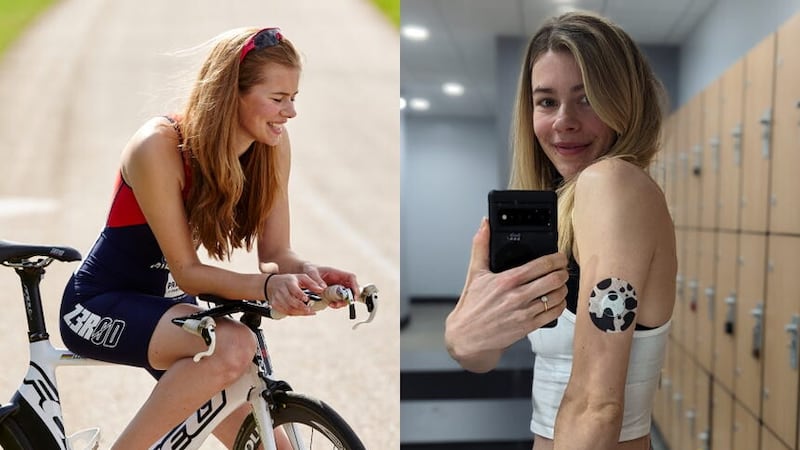An athlete who was diagnosed with type 1 diabetes and was asked by her GP “How are you running? You should be in a coma”, because her blood glucose levels measured more than four times the normal concentration, has said “I don’t let diabetes stop me” as she continues to compete and enjoy sport.
Elise Quarrington was diagnosed with type 1 diabetes – an autoimmune condition which causes glucose levels in the blood to become too high – when she was 24 after losing more than 6kg (nearly a stone) in weight and developing an insatiable thirst.
The 30-year-old, from North Devon, said she would wake up in the middle of the night and “down pint-glasses of water”, experienced muscle cramps “all the time”, was extremely fatigued, her vision became blurry, and she completely lost her appetite.
Elise, who works as a videographer, said she “ignored” her symptoms for months, attributing them to her intensive training as she was competing as a GB Age Group triathlete at the time.

However, after her symptoms progressively worsened, she raised her concerns with her family and made an appointment with her GP.
“The symptoms were affecting everything that I did, but the thirst was the absolute worst symptom – I just couldn’t get enough water,” she said.
After having her blood glucose levels tested, Elise went for a run and received a call from her GP, saying: “How are you running? You should be in a coma, you’re definitely diabetic.”
She was informed her blood glucose levels measured 32mmol/L when the normal fasting concentrations are between 3.9mmol/L and 5.6mmol/L, according to the World Health Organisation, and that she initially needed to start injecting herself with insulin four times a day.
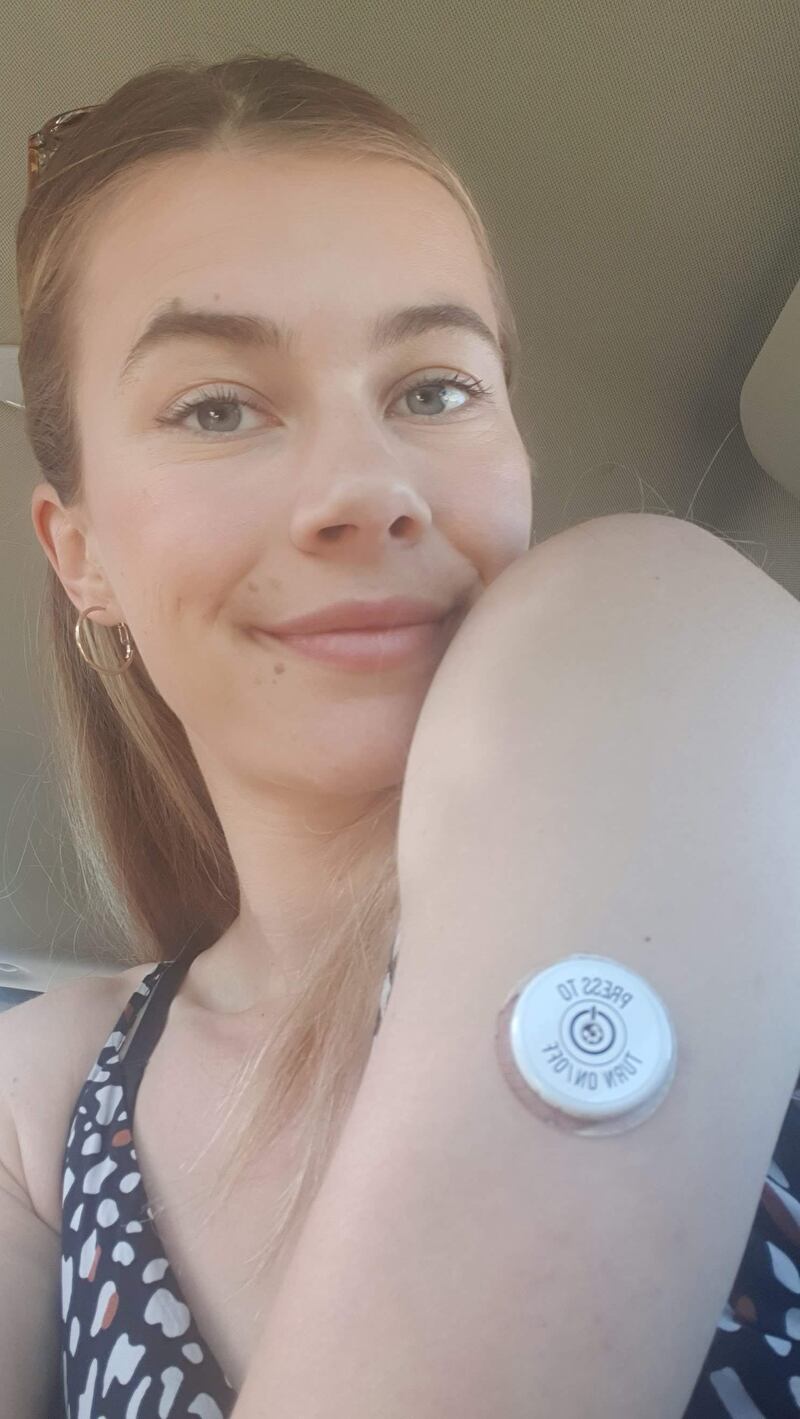
Elise, who now uses a pump to administer her insulin rather than an injection pen, said her diagnosis “didn’t feel real” at first and it has taken time to adjust to a new normal – however, she said she will not let the condition stop her achieving her dreams.
She has continued to compete and is now focused on open water swimming, she has launched her own business called Diabetic Details, she is soon to get married to her partner Matt, 31, and is even training her dog, Logan, to detect when her glucose levels are dropping.
She told PA Real Life: “I think every person with diabetes learns something every day… but the main message is that it has genuinely turned into something positive in my life.
“For the whole first six months, it didn’t feel real, like it was going to be there forever… but I still don’t let it stop me, I just have to be very cautious and pre-plan things.”
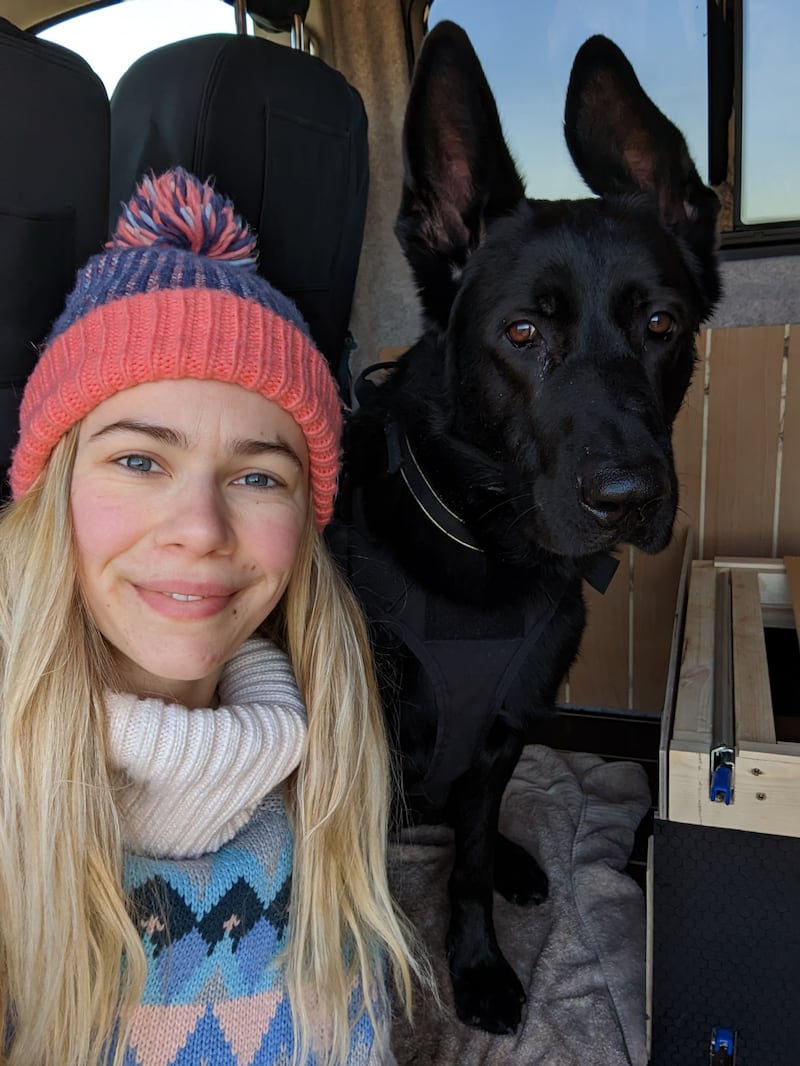
Elise has been active and competitive ever since she can remember – she has rowed at a national level, raced as a GB Age Group triathlete, and now competes in open water swimming races.
“It’s literally who I am – it’s always what I’ve done every single day,” she said.
After studying Sports Education and Coaching Science at the University of Birmingham, she started a Midwifery degree at King’s College London, before transferring to the University of West London – and it was during this three-year course that she noticed “something isn’t right”.
“I pretty much lost most of my eyesight, everything was so blurry,” she said.
“We wore purple scrubs and I remember the midwives just looking like purple blobs.

“I was drinking so much water, I was getting loads of muscle cramps, and I lost loads of weight, but all of these things were spread over several months.”
Elise initially believed her symptoms may have been linked to her training, or a thyroid problem, but, after seeing her GP in May 2017, she was told she had type 1 diabetes.
Her GP said she could have been in a coma as her blood glucose levels were “extremely high” and that she needed to go to hospital immediately.
“It was just a bit of a whirlwind,” she said.
“I don’t think it really hit me until we were at the hospital.

“Somebody came in to take my finger-prick reading, somebody else came in to take my bloods, and then somebody else came in to show me how to start injecting.
“That’s when I thought ‘OK, this is quite serious’.”
According to the NHS, those who have type 1 diabetes need to inject themselves with insulin every day to manage their blood glucose levels.
For Elise, who had a “huge needle phobia”, she said she initially needed to inject herself with insulin four times a day and adhere to a “rigid structure”.
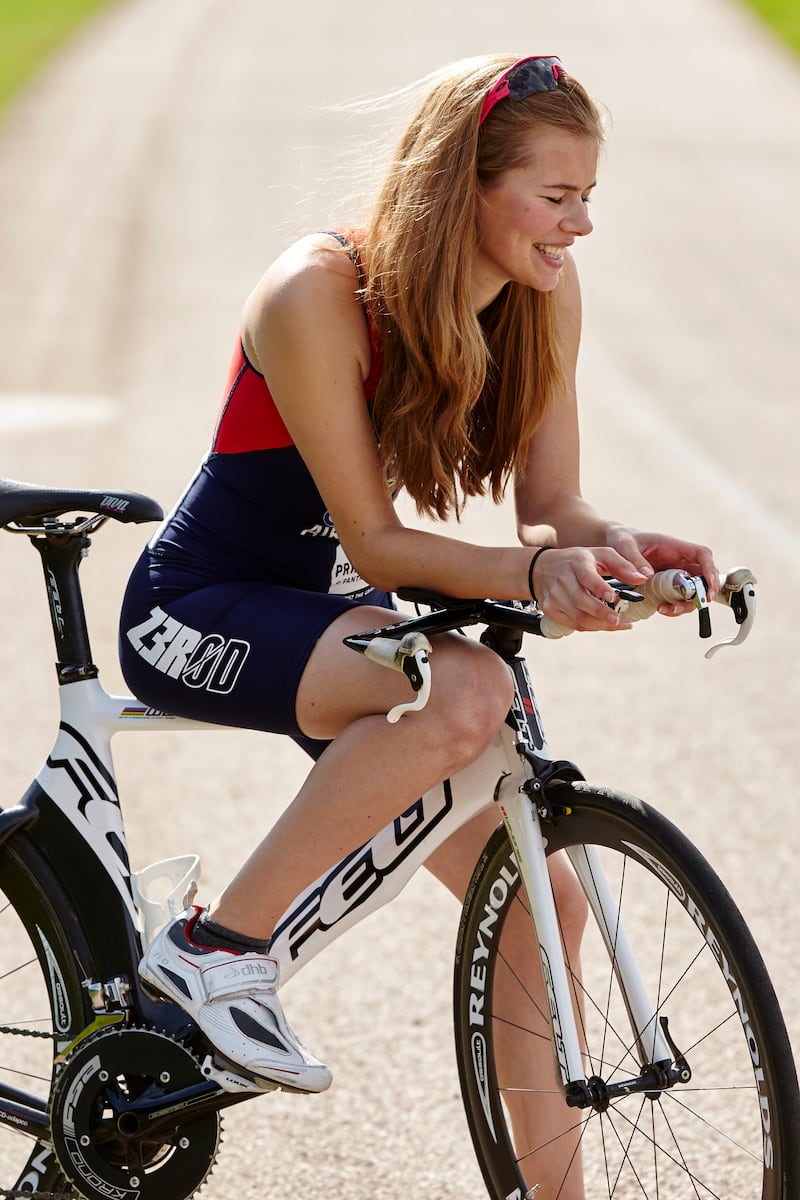
She said she had to ask family members to inject her for the first few months, as she could not do it herself, but she quickly overcame this obstacle as she “didn’t have another option” – and just two weeks after her diagnosis, she was able to take part in the Windsor Triathlon.
She said she has “never had the mindset of ‘it’s going to stop me from doing things’.”
“I just thought I’ll do it and see how it goes and learn from mistakes.
“I think it was more the impact on my everyday life that worried me, rather than my sport, because I figured I’d find a way to do it.”
Elise said taking in all of this new information and adjusting to life with diabetes was extremely “overwhelming” – and now she has to ensure she is prepared for every eventuality.

She takes insulin with her everywhere she goes, as well as snacks such as jelly babies and cereal bars in case her blood sugar levels drop, and she measures her glucose “at least two or three times an hour”, with alarms as back-up in case levels are too high or low.
She does this using Abbott’s FreeStyle Libre 2 system – a monitoring system with a sensor worn on the back of the upper arm to provide glucose readings and trends.
Elise said living with diabetes is “relentless as you don’t have any time off” and there is “so much to remember” – and one of the other major challenges she has faced is “pre-judgment” and a lack of awareness from others, especially when it comes to the food she eats.
Many people have told her she doesn’t “look diabetic”, and on one occasion, for a colleague’s birthday, someone said: “Oh, you can’t have cake, can you?”
Elise said she has to be “very cautious” and pre-plan everything, but she feels it is “a misconception that diabetes completely stops you from doing sport or anything else”.

She feels diabetes should not put life on hold, and she has continued to compete since her diagnosis, specifically in open water swimming, and has so much to look forward to.
As part of her training, she swims three times a week, goes to the gym at least three times a week, and runs in her spare time as well.
She will be getting married in July, is excited to see how her business, Diabetic Details, will progress, and, through daily routines and training, her German Shepherd Logan is learning to alert her to low glucose levels, which could support her in managing her condition.
While Elise will have diabetes “forever”, she said she has met some incredible people and hopes to continue “spreading positivity and correct information” about her condition.
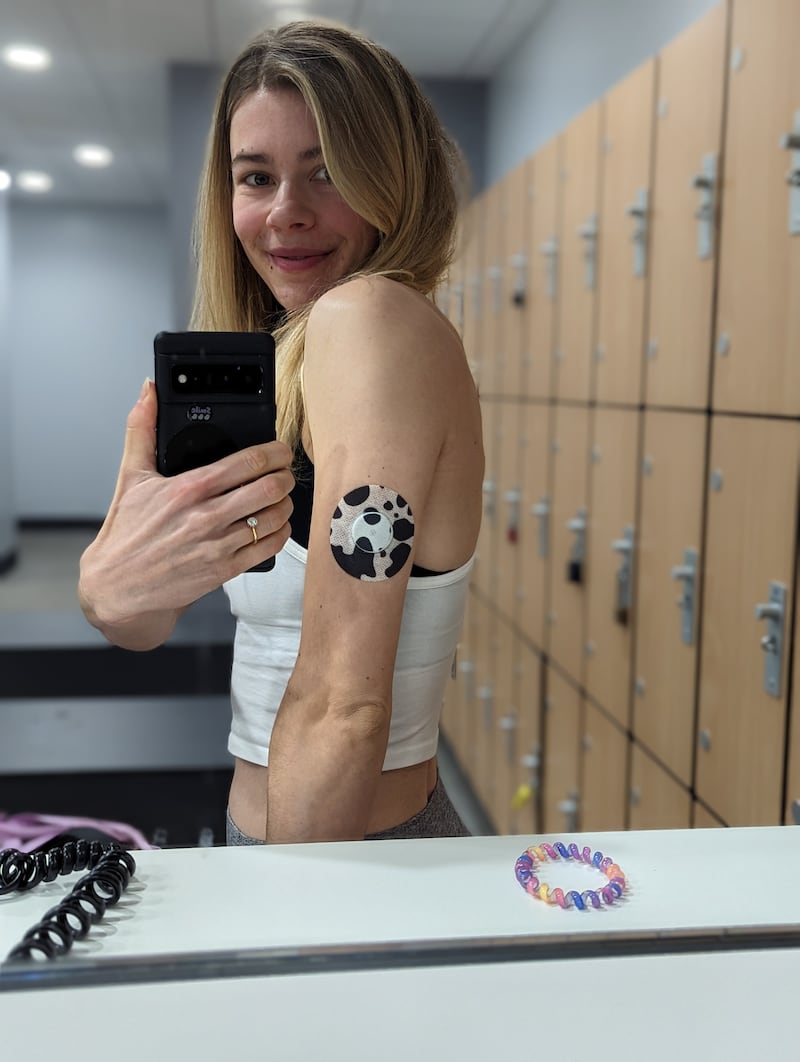
“I’ve had to accept that this is my life forever now,” she said.
“I have bad days, or bad months, where diabetes is rubbish to have, but generally it’s not had a negative impact on me.
“It has genuinely turned into something positive in my life.”
To find out more about Diabetic Details, visit: diabeticdetails.co.uk
To find out more about Abbott, visit: www.abbott.co.uk
